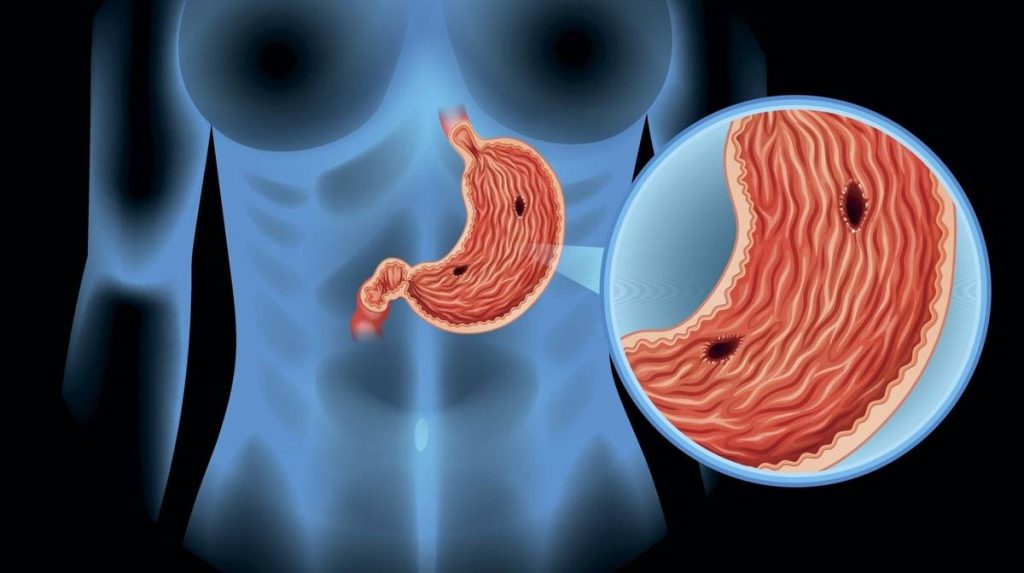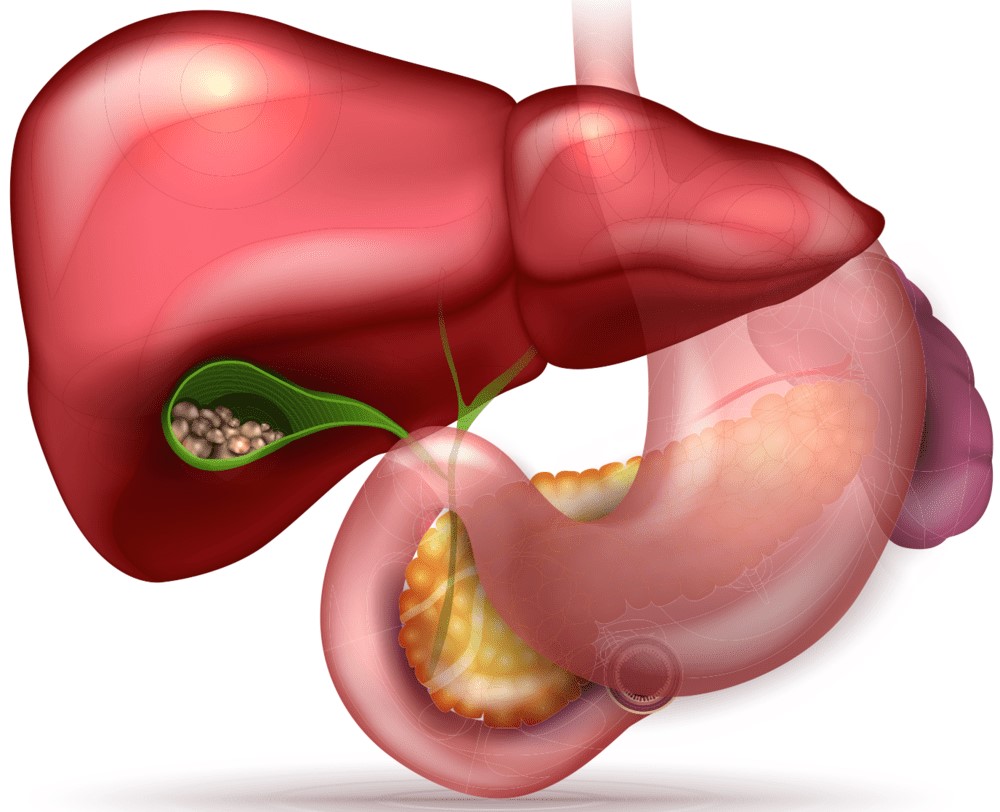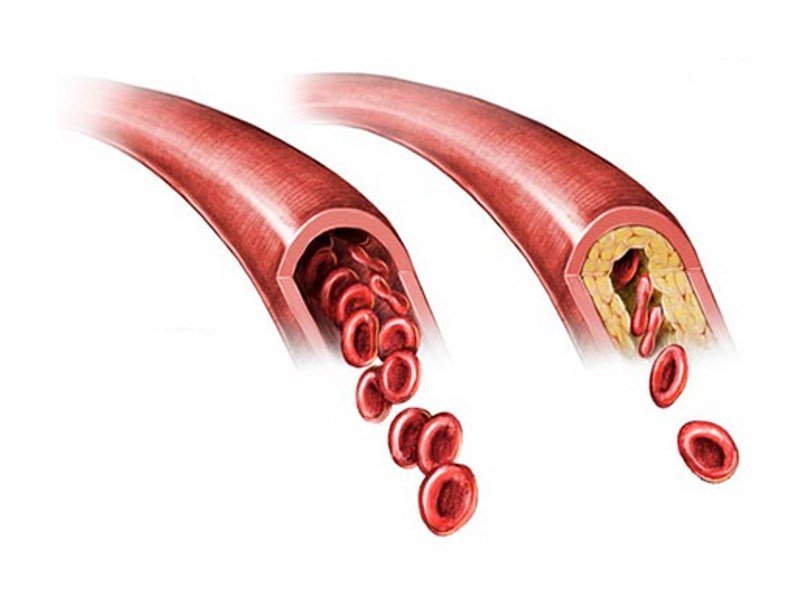Gastritis is a chronic irritation of the stomach lining that, if inflamed, can lead to ulcers. The doctor calls an ulcer a clearly limited defect in tissue or mucous membrane (“hole”). If this defect itself is in the stomach, we are talking about a stomach ulcer, if in the duodenum – about a duodenal ulcer. Both types of ulcers have so much in common that they would be described as one disease.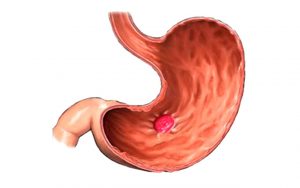
Knowledge about the nature of ulcers has expanded greatly in recent years. In 1983, a spiral-shaped gastric bacterium was discovered in Australia, which is now called Helicobacter pylori. These bacteria live in the lining of the stomach and duodenum and produce enzymes that attack the lining. As a result, local inflammation (gastritis) occurs, under the influence of gastric acid, they can develop into an ulcer. It is now known that almost any duodenal ulcer and most stomach ulcers develop in this way.
Other types of ulcers are influenced by drugs that damage the mucous membrane, such as acetylsalicylic acid or other pain relievers and antirheumatic drugs.
In most cases with stomach ulcers, pain occurs when eating. They appear (or intensify) either directly during eating or drinking, or some time later. Most patients experience diffuse pain in the epigastric region and experience a feeling of pressure or fullness, cramping, or fasting pain. In many cases, the pain lasts for weeks and occurs several times a day.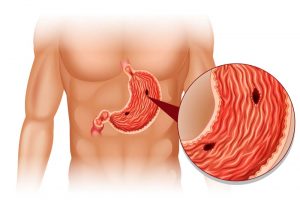
Since these patients experience pain at the time of eating, they usually lose weight by refusing to eat.
For duodenal ulcers, pains that occur some time after eating, at night or on an empty stomach are more typical. Immediately after eating, the pain may subside or stop altogether. Therefore, the patient eats relatively often and, despite the illness, gains weight.
If a stomach or duodenal ulcer is detected, the doctor always prescribes drug treatment. Your own contribution is to start treatment as soon as possible, follow your doctor’s prescriptions accurately and prevent new ulcers from occurring.
Patients who have found the Helicobacter pylori https://en.wikipedia.org/wiki/Helicobacter_pylori bacteria receive a complex of drugs that inhibit acid production and various antibiotics. The goal of this treatment is to kill these bacteria in the stomach and duodenum and thereby heal the ulcer.
Currently, the so-called three-complex therapy is most often used – a combination of two different antibiotics and a drug that reduces acid production (the so-called proton pump blocker).
